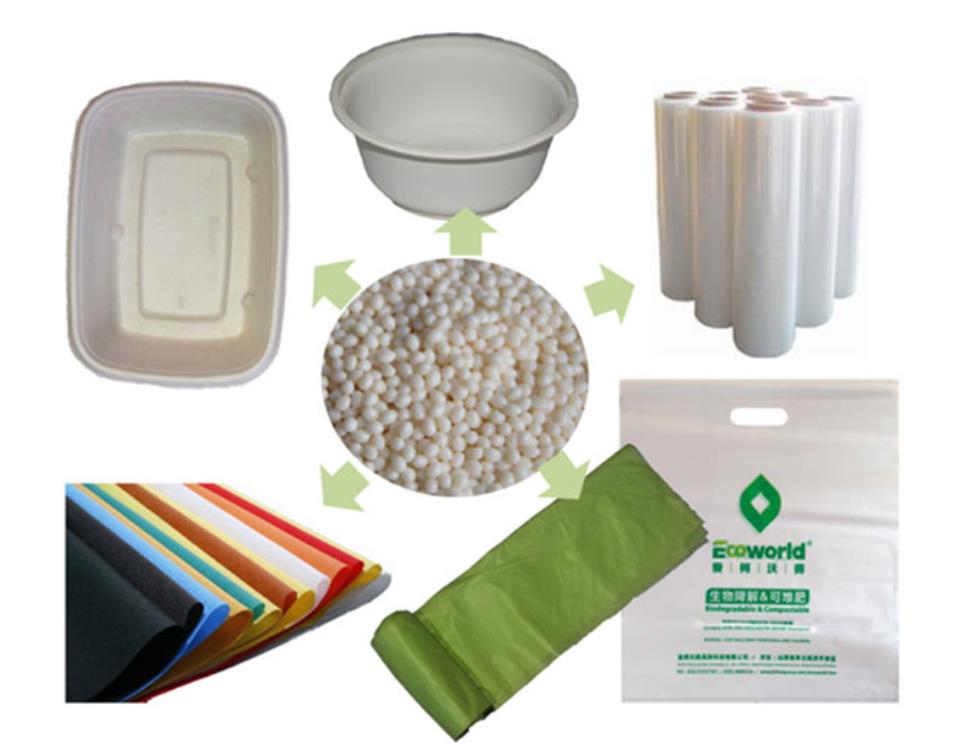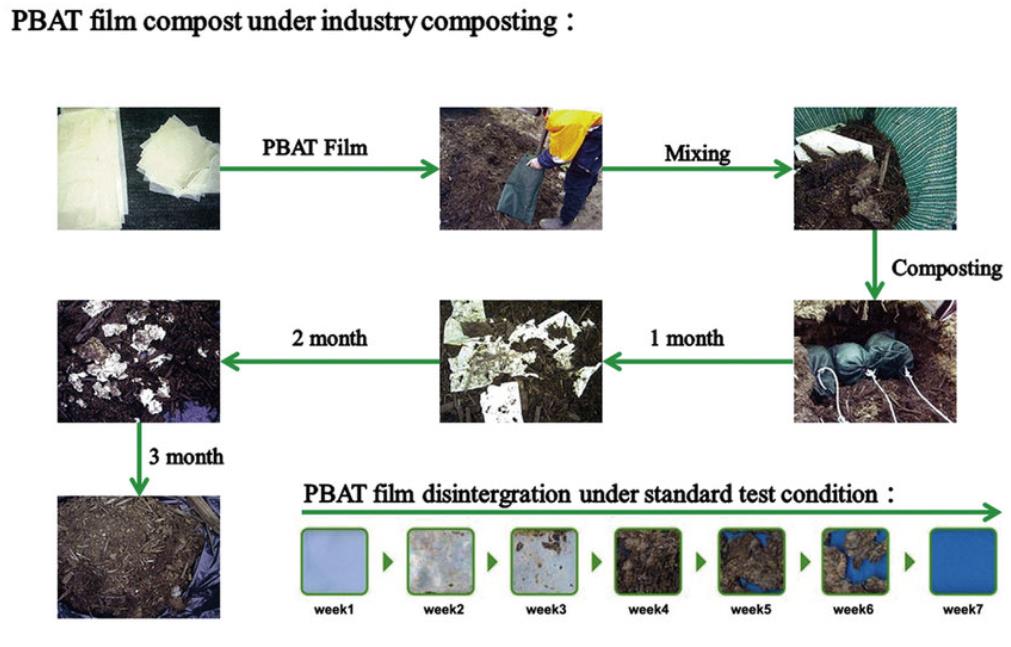What is PBAT?
PBAT is short for Polybutylene Adipate Terephthalate. According to the source of biodegradable plastics, they can be divided into bio-based biodegradable materials and petrochemical-based biodegradable materials. PBAT belongs to petrochemical-based biodegradable plastics and is currently one of the most active biodegradable plastics research and one of the best degradable materials in the market.
Characteristics of PBAT
PBAT is a semi-crystalline polymer, usually the crystallization temperature is around 110°C, the melting point is around 130°C, and the density is between 1.18g/ml~1.3g/ml. The crystallinity of PBAT is about 30%, and the Shore hardness is above 85.
What are the applications of PBAT?
PBAT material can not only be biodegradable but also compostable, so the use of PBAT can fight against white pollution. The biodegradable garbage bags produced by PBAT are the membrane materials used when recycling biological waste in the biocomposting garbage center. They are mainly used in: films for fully degradable packaging; Fully biodegradable packaging bags, including shopping bags, rolling garbage bags, pet waste bags, electronic product packaging bags, food packaging bags, plastic film, etc.
Driven by environmental protection policies, the application of PLA, PBAT, PHA, PCL, PBS and other biodegradable plastics in disposable tableware, packaging, agriculture, automobiles, medical care, textiles and other fields is ushering in new opportunities for market development. There will also be a new round of innovation in modified materials for biodegradable plastics, and related additives, such as extended chains, anti-hydrolysis agents, toughening agents, nucleating agents, and antibacterial agents.


What will PBAT biodegradable plastic bags degrade into?
PBAT biodegradable plastic bags are relatively easy to biodegrade in seawater, soil, and composting conditions. After a period of time (generally 3-6 months), it will be completely degraded into carbon dioxide, or methane, mineralized inorganic salts of elements contained in water, and new biomass, such as dead microorganisms.


